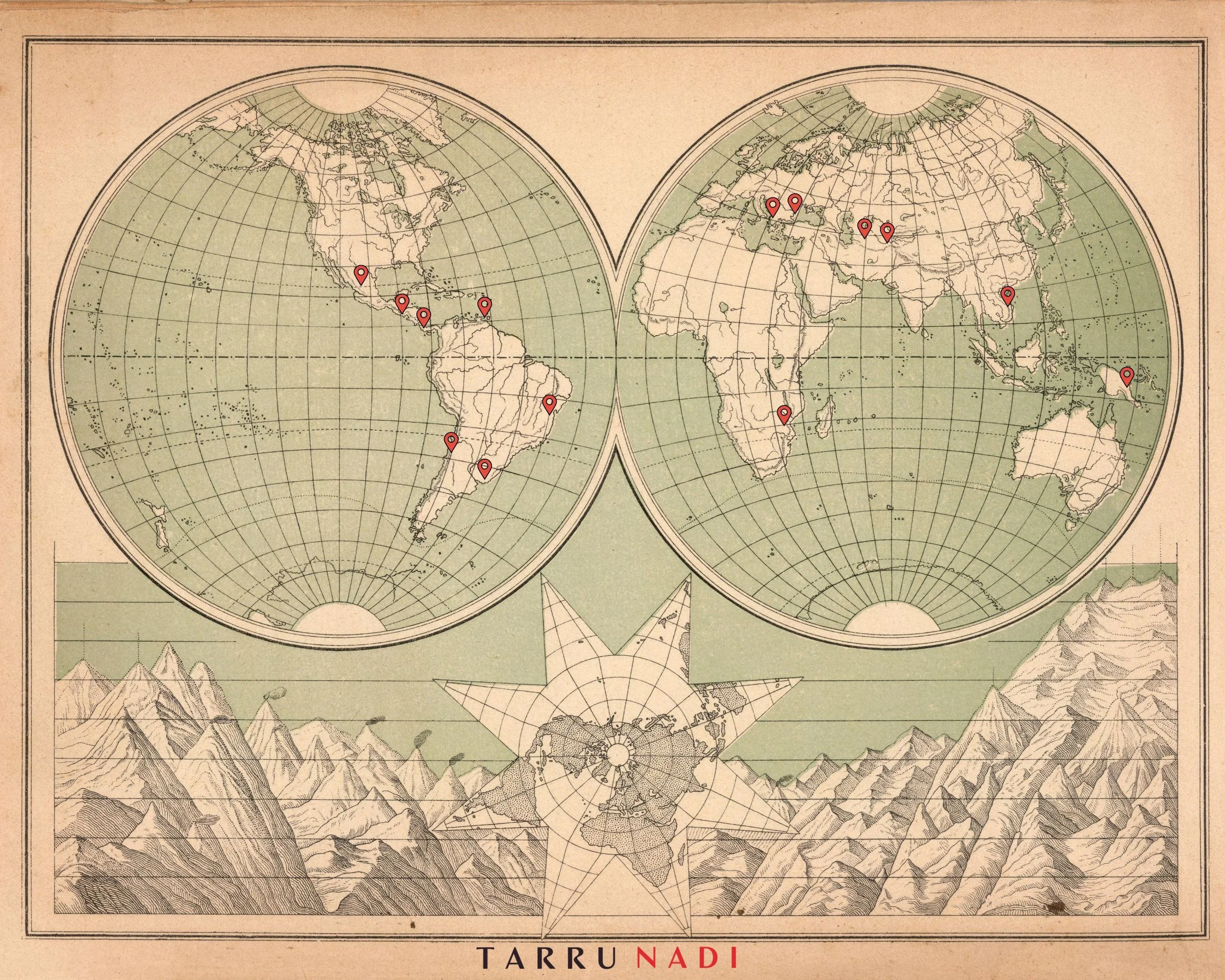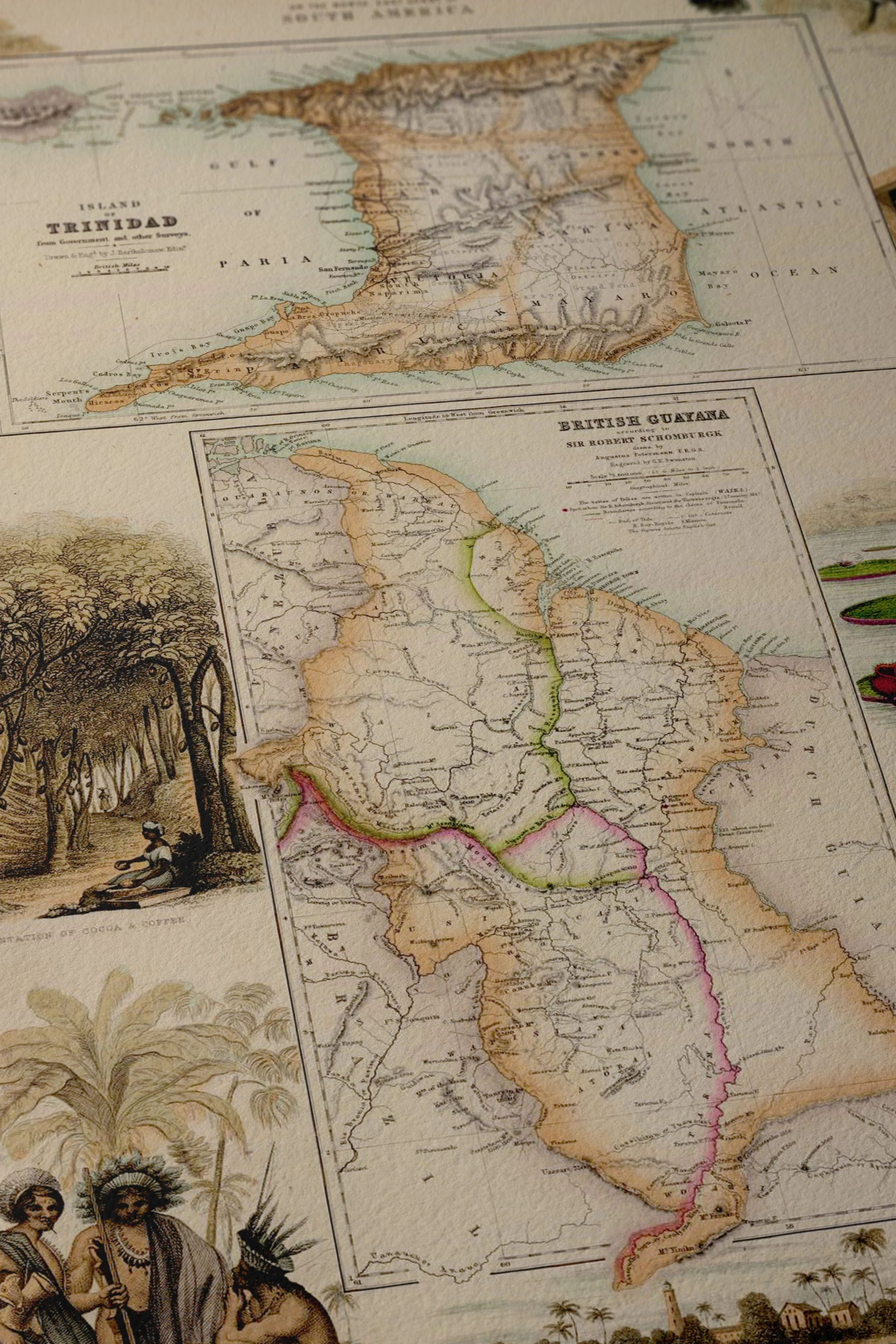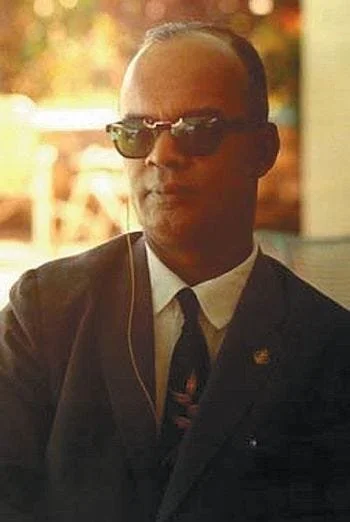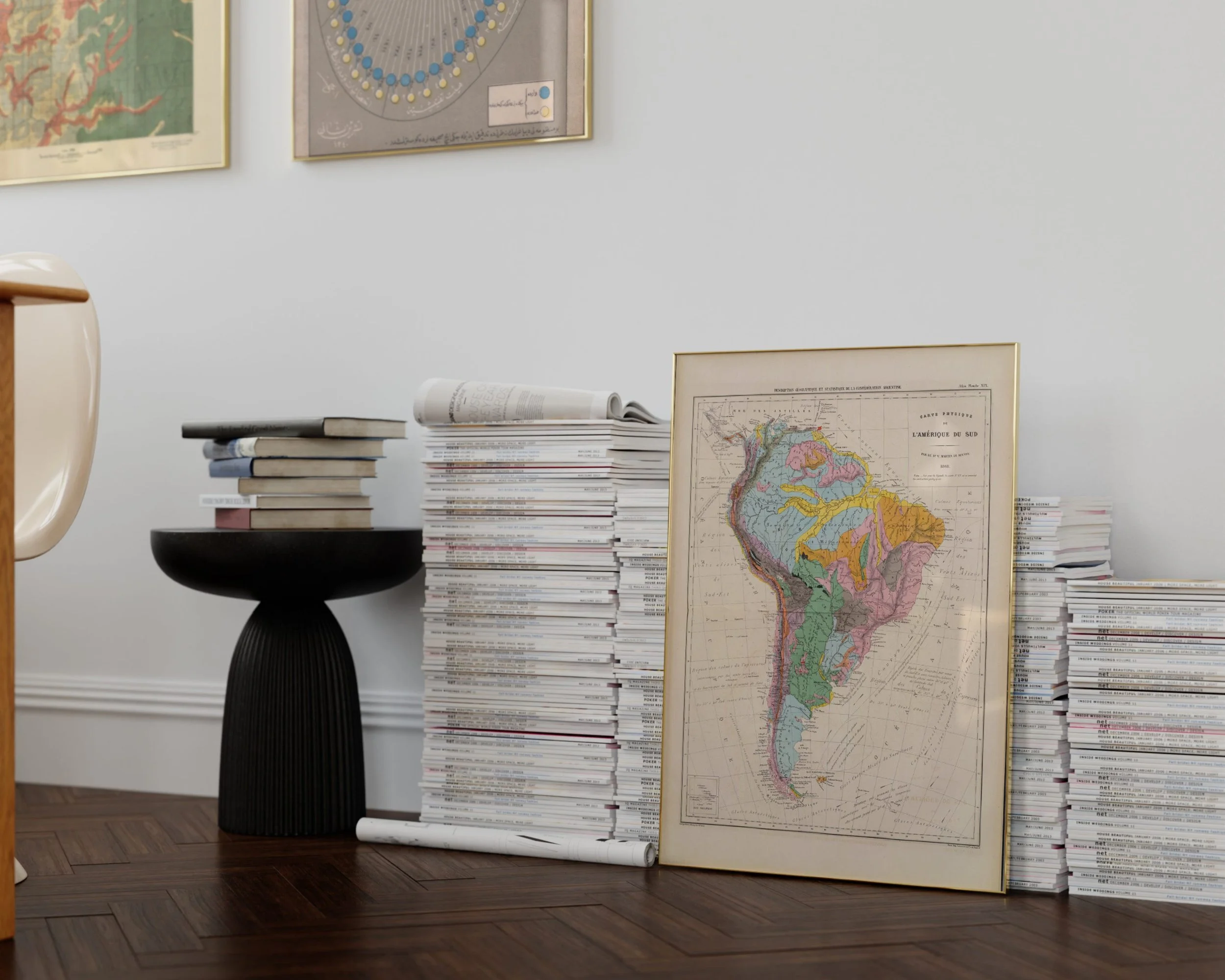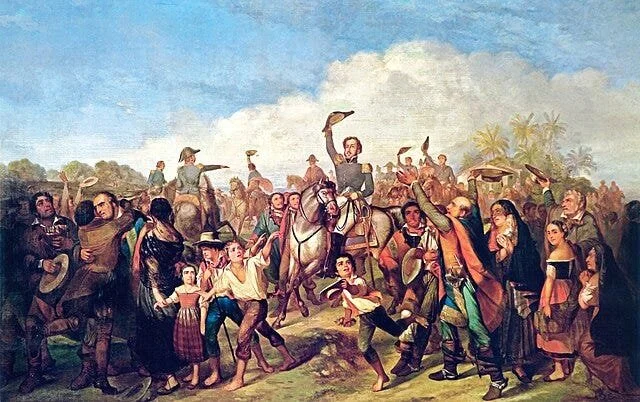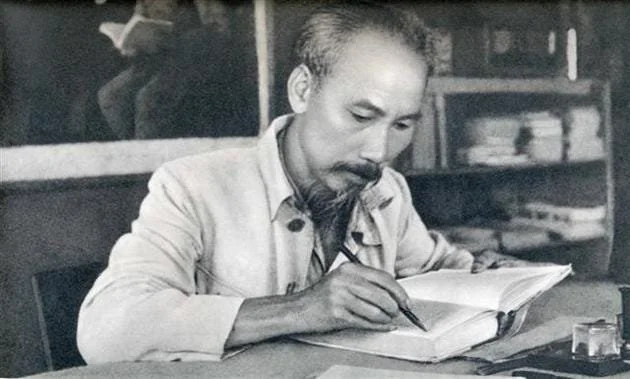Deliberate Independence: Virgo Season's Blueprint for Lasting Liberation
Leo season brought bold declarations and passionate outcries, and Black August reminded us of revolutionary fervor. Now we find ourselves in Virgo season's different kind of energy. Where Leo demanded attention and grand gestures, Virgo asks us to examine the details, the planning, and the organization that transforms momentary uprising into lasting independence. The stars seem to understand something essential about liberation: freedom requires more than passionate outcry, and it needs careful cultivation.
This transition feels especially pointed when we consider the number of nations that took their independence during these late summer weeks, when the earth's energy turns inward and begins the careful work of harvest. From late August through mid-September, a noticeable pattern emerges across continents and centuries: liberation movements that succeeded through the measured approach that Virgo season embodies.
Eclipse Season and the Choice Point
We're moving through eclipse season from September 7th through September 21st, creating a powerful backdrop for transformation themes. This eclipse portal coincides perfectly with many of these liberation stories, amplifying the energy of change and choice. But before we reach that crescendo, Virgo season opens with the New Moon on August 23rd, offering us a defining moment that endows us with the energy to choose a path that will structure our Fall and Winter months ahead.
This timing reveals something essential about Virgo's role in our annual cycle. Virgo season serves as the threshold into the night half of the year, ushering us toward Fall and Winter when things begin going dormant and storing the growth we've accumulated. This is where your roots deepen. Virgo energy, as mutable earth ruled by Mercury, requires us to go within and take inventory because you can only be mutable from a place of knowing exactly what you've gathered thus far.
This energy of getting your ducks in a row, of taking stock of what you have so you fully understand the pivots available, creates the foundation for thinking beyond current possibilities. But that expansion happens only when you understand exactly what you're working with.
The Architecture of Freedom: Three Liberation Stories
Trinidad & Tobago: August 31, 1962
The sister islands achieved independence from Britain after 164 years of colonial rule through what I can only describe as diplomatic finesse. Dr. Eric Williams and the People's National Movement massaged their independence from the UK by building new structures while replacing the tainted colonial ones. They understood that lasting change required more than protest; it demanded the patient work of constructing alternatives.
The celebrations lasted over a week, from August 28 to September 5, 1962, with thoughtfully choreographed events that demonstrated the new nation's readiness for self-governance. Williams grasped that true independence required more than symbolic moments and demanded the precise construction of democratic institutions, the cultivation of national identity, and thorough preparation for the responsibilities of sovereignty.
Williams approached independence as both emotional breakthrough and administrative project and that's a real reference point for me. His famous watchwords were "Discipline, Production and Tolerance," perfectly Virgoan principles that emphasized the daily work of nation-building over grand gestures.
Brazil: September 7, 1822
Prince Pedro's famous "Cry of Ipiranga" on September 7, 1822, declaring "Independence or death!" may seem like pure passion, but it emerged from months of careful political maneuvering. After three centuries of Portuguese rule, the groundwork had been laid through constitutional planning, alliance-building, and the gradual transfer of governmental responsibilities to Brazilian soil.
Earlier that year, when Portuguese authorities demanded Pedro return to Lisbon, he found himself at a crossroads. His wife Princess Leopoldina and advisor José Bonifácio had been urging him to stay, to choose Brazil over Portugal. Standing by the Ipiranga River that September morning, Pedro wasn't making an impulsive decision but honoring months of deliberation about Brazil's readiness for self-rule.
Brazil's independence reveals a Virgoan truth: lasting freedom requires infrastructural preparation. It required developing the soft skills necessary to take the reins of governing a country that had undergone the wound of colonialism. The transition involved creating new governmental ministries, establishing diplomatic protocols, and building the capacity for authentic self-governance.
Vietnam: September 2, 1945
Ho Chi Minh's declaration of Vietnamese independence on September 2, 1945, in Ba Dinh Square, deliberately echoed the American Declaration of Independence, beginning with those familiar words: "All men are created equal." This strategic mirroring demonstrated that Ho Chi Minh studied the successful liberation strategy of America and carefully adapted it to serve the needs of the very country whose resources America would later help extract through war.
Ho had spent thirty years in exile after 80 years of French colonial rule, studying revolutionary tactics across France, Russia, and China, preparing for this moment with characteristic Virgoan patience. The Viet Minh work that preceded the declaration built upon years of organizational development, recruiting, and strategic planning.
What moves me about Vietnam's independence is how it exemplifies Virgo's gift for taking complete inventory. The Viet Minh had built networks throughout the country, established communication lines, and created the governmental structures necessary to govern. When the moment came, they were ready to implement independence, not just declare it.
The Virgo Template: Other September Liberations
The pattern extends beyond these three detailed cases. Consider this harvest of independence:
Each liberation story reveals Virgo season's characteristic approach: thoughtful planning, detailed implementation, and attention to what makes freedom sustainable.
The Harvest of Independence
What emerges from these liberation stories is an understanding of how lasting freedom develops. Unlike the explosive energy of other seasons, Virgo season liberations tend to emphasize institution building, thoughtful planning, and attention to the details that transform momentary independence into enduring sovereignty.
These movements understood that declaring independence is only the beginning. The real work lies in constructing the institutions, policies, and practices that make self-governance possible. They approached liberation as meticulous craft, the patient work of building structures that serve human flourishing.
The timing feels significant as we cross the threshold into the night half of the year. Virgo season itself marks this transition into Fall and Winter, when things begin going dormant and storing the growth and expansion we've accumulated in the astrological year thus far. This is where your roots deepen, where the real integration happens.
These liberation movements embody this perfectly: they took complete inventory of their political assets, understood exactly what they were working with, and then used that knowledge to create something entirely new. Virgo energy teaches us that true transformation happens when we assess our resources honestly, understand our constraints clearly, and then transcend both to birth unprecedented possibilities.
In our current moment, as various liberation movements worldwide seek lasting change, these Virgo season examples offer crucial wisdom. They suggest that the most enduring freedom comes through the patient, detailed work of creating new possibilities, one carefully planned step at a time. As we prepare for our own autumn season of integration and deepening, we can draw inspiration from these nations that understood liberation as both emotional breakthrough and practical construction project.
Resources for Deeper Research
National Archives of Trinidad and Tobago - Primary documents from Trinidad & Tobago's independence movement
Museu de Valores do Banco Central do Brasil - Visual artifacts from Brazil's independence process
Vietnam Law Magazine Historical Archives - Vietnamese perspectives on independence and legal foundations
National Archives, Remembering Vietnam - U.S. archival materials on Vietnam's independence declaration
History Matters: Declaration of Independence of the Democratic Republic of Vietnam - Full text and historical context of Ho Chi Minh's 1945 declaration

